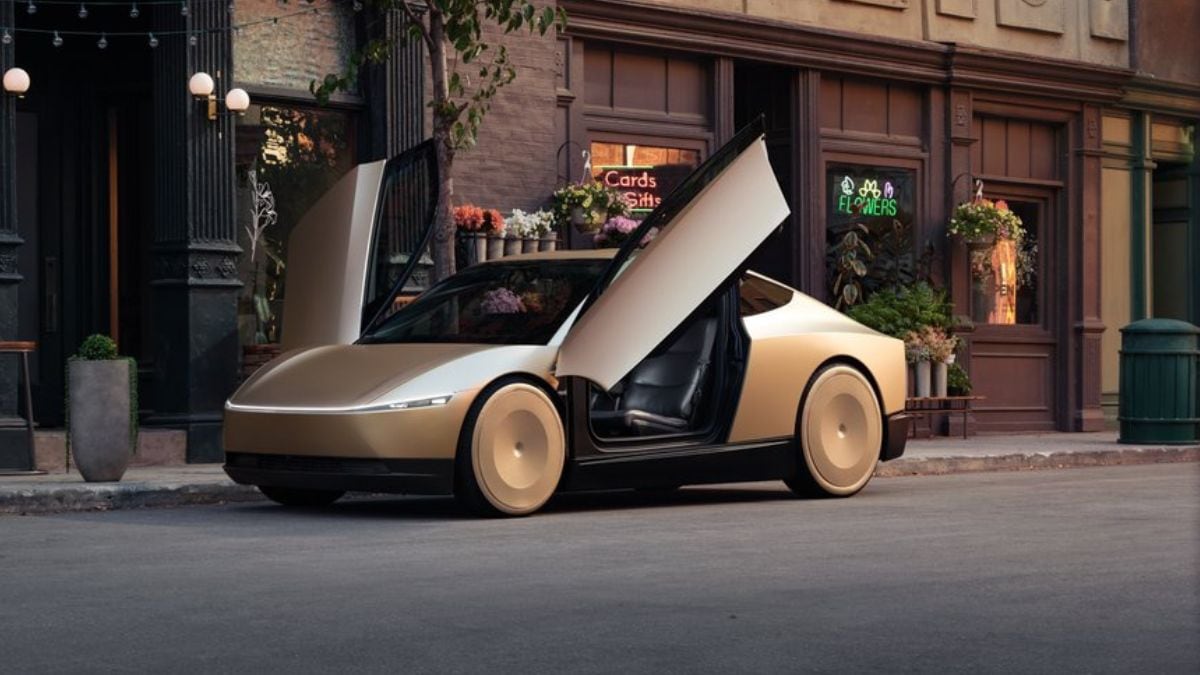Introduction
Elon Musk’s innovative company, Tesla, has been at the forefront of developing driverless vehicles for several years. Recently, Musk unveiled an exciting new concept to the public: the Cybercab, officially named Robotaxi. Scheduled for potential production starting in 2030, this groundbreaking vehicle is anticipated to revolutionize urban transportation while emphasizing safety, efficiency, and convenience.
Robotaxi Overview
Unlike traditional cars, the Robotaxi features a sleek, futuristic design that foregoes both steering wheels and pedals. This adaptation signifies Tesla’s commitment to fully autonomous driving. Priced at around $30,000, this two-seater vehicle aims to provide an economical travel option for consumers as it operates on a pay-per-mile basis.
Cost Efficiency
Reports suggest that taking a ride in a Robotaxi will cost as little as $0.20 per mile, making it a more affordable alternative compared to existing taxi services. This pricing strategy could make travel more accessible, especially in urban environments where demand is high.
Design and Features
In a captivating video shared on social media, Elon Musk was seen interacting with the Robotaxi. As he approached the vehicle, its doors opened in a dramatic upward motion reminiscent of butterfly wings. Once inside, Musk secured his seatbelt, and the vehicle smoothly commenced its journey.
| Feature | Description |
|---|---|
| Seating Capacity | Two passengers |
| Steering Wheel | None |
| Pedals | None |
| Charging Method | Inductive (wireless charging) |
| Safety | 10-20 times safer than traditional vehicles |
Safety Features
Elon Musk asserts that the Robotaxi is designed to be significantly safer than conventional vehicles. With the integration of advanced autonomous driving technologies, it is claimed that the new vehicle is 10 to 20 times safer than existing cars, providing peace of mind for riders.
Additional Innovations: Robovan and Optimus
During the same presentation, Musk’s company also introduced a Robovan, designed to accommodate more passengers than the Robotaxi. Tesla showcased several other innovative vehicles, including an all-electric van, expanding their vision for a future filled with sustainable transportation options. Moreover, the company is working on the Optimus robot, projected to cost between $20,000 and $30,000, with the capability to assist people in various tasks.
The Future of Transportation
Reflecting on the advancements in autonomous vehicles, Musk emphasized the potential changes in how people utilize their time during commutes. Instead of being consumed by the act of driving, individuals could enjoy their travel time by reading, watching movies, or working, significantly enhancing productivity and leisure.









